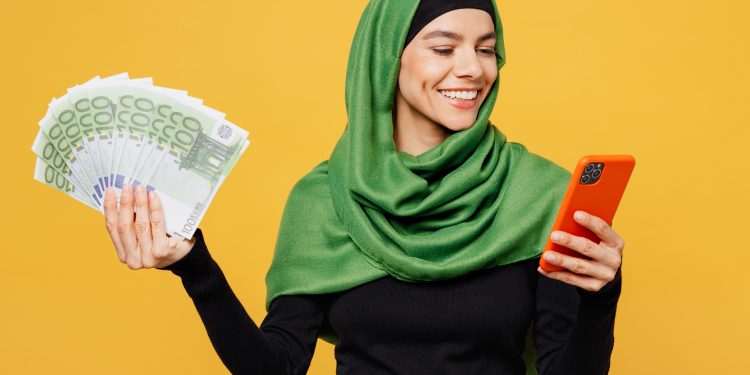Recent strategic maneuvers by the Public Investment Fund of Saudi Arabia, via its gaming arms Savvy Games Group and ESL FaceIt Group (EFG), have sparked a global dialogue about the kingdom’s intentions and its potential sway over the esports landscape.
Current trends in sports and leagues indicate a shift beyond geopolitical considerations. A prime example is the relocation of the WTA Finals, the premier women’s professional tennis championship, to Saudi Arabia for a three-year span. Additionally, the kingdom hosts annual Formula 1 races, the LIV Golf Tour, and the ATP Next Gen Finals in Jeddah until 2027, as well as marquee UFC and boxing events.
The growing acceptance of Saudi investment in traditional sports raises important inquiries about its role in esports.
Will Saudi investment secure esports’ future?
As part of its Vision 2030 initiative, Saudi Arabia is diversifying its economy to lessen its reliance on oil by channeling funds into various sectors, including entertainment and sporting events. The vibrant, global appeal of esports is particularly appealing, offering a channel to reach young audiences and position the country as a significant player in gaming.
Considering the scale and long-term nature of these investments, it appears that Saudi Arabia’s approach is not merely a stopgap measure but rather a substantial effort to foster sustainable growth in the esports sector,
observed Ronald Djoko, an esports strategist. This aligns with their broader economic goals and the vision to transform the kingdom into a gaming powerhouse. However, the success of such an ambitious plan will depend on various factors, including market dynamics, technological advancements and the global gaming community’s reception of Saudi-led initiatives.
Challenges such as consistent sponsorship, viewer engagement, and sustainable growth after a period of rapid expansion are present within the esports industry. An influx of resources from an affluent nation like Saudi Arabia could serve as a foundational source of financial stability for the sector.
In addition to creating more opportunities to compete, watch and win at the highest level, Saudi Arabia is building the infrastructure and pipelines necessary to better support the longevity of esports,
stated Craig Levine, co-CEO of EFG. This offers a reliable, long-term approach alternative to short-term, venture capital-reliant models, which have limited the industry’s growth potential.
Saudi Arabia played host to the FIFAe World Cup gaming event last summer.
Is the Middle East nurturing a gaming audience?
The Kingdom’s investment in esports is more than just financial—it’s a strategic commitment to fostering a robust local gaming community, improving digital infrastructure, and establishing leadership in the digital entertainment realm. Such endeavors signal a dedication to the long-term development of the esports ecosystem.
Demographics are a positive sign for the region. The Middle East is one of the most promising gaming and esports markets, anchored by Saudi Arabia, where 63% of the population are under the age of 30 and two-thirds are gaming enthusiasts,
Levine highlighted. With Esports World Cup and the development of Qiddiya City as part of the kingdom’s Vision 2030, it’s clear that the region is investing in sustainable growth of the industry.
By hosting significant tournaments and nurturing local talent, Saudi Arabia demonstrates strategic insight into the industry’s promise. The Kingdom is not merely pouring capital into esports but is actively enhancing the global community and infrastructure that underpin the industry.


